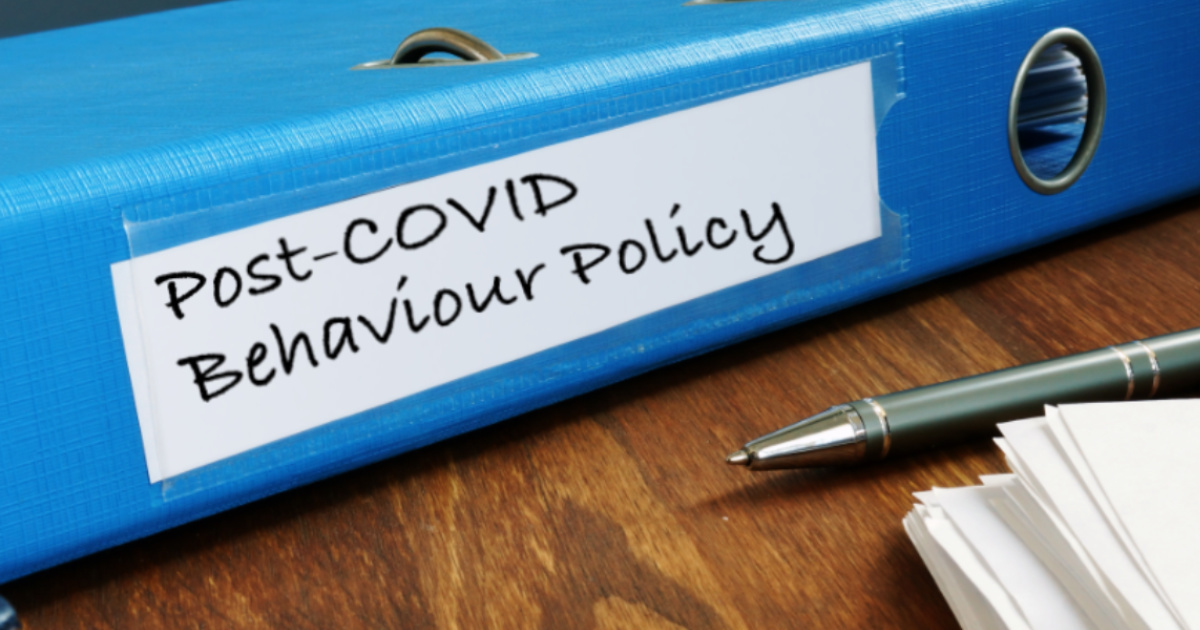Snowed under with the latest guidance and government updates?
Feel like you want to get off the Coronacoaster?
Thousands of primary schools are now re-opening to pupils following the COVID-19 outbreak.
Updating your behaviour policy might still be on your to-do list... but if you haven't done it yet, you're almost out of time.
Because staff need to be crystal clear about expectations in school - so they can manage their pupils' behaviour consistently.
This is not the time for catching up on lost learning. This is the time for kids to catch up on connecting with others and functioning outside their homes again.
Students need time to talk about and process their own unique lockdown encounter. Every child has suffered a loss of sorts: of freedom, friendships, and routines. Some will have experienced the loss of loved ones in their family or communities too.
Expect that there will be wobbles in behaviour.
Pupils will have to adapt to changes to their physical school environment. Familiar resources and learning areas will be out of bounds. Friends might be in a different 'bubble' to them. Lessons taught by someone other than their usual teacher.
Children often look to the grownups to take their cues. So every adult must model the behaviours that they expect from pupils - day in day out, across the school. Staff will need reassurance too. It's impossible to regulate pupils if YOU are not regulated.
Amending your behaviour policy and adapting your school rules
Outstanding behaviour policies are straight forward, clear and cohesive (unlike recent government guidance!)
So, now's the time to either rewrite the entire policy or include a new addendum.
Save time searching - here's UK government guidance on what to include in your behaviour policy.
Schools will have to create, embed and normalise new rules and routines. They'll need to consider protective measures such as hand washing and social distancing. This will give confidence and reassurance to pupils.
Here are a few examples of straight-forward rules that schools could adapt:
- We wash our hands (now, in this place, and when we cough or sneeze)
- We keep a safe distance apart from everyone (no horseplay, hugging, high fives)
- We stay in our 'bubble' at all times with our teacher
- We are kind and we listen to each other
- We tell our teacher if we are unwell
- We will catch it, bin it, and kill it!
There will be other operational rules to consider too. Think about the direction of travel along corridors, which toilets groups use, staggered start times and end of day procedures.
It's a lot to take in, for everyone.
Try not to overwhelm staff and pupils by having a huge list of rules - cover the basics and use common sense.
The most powerful way to establish and embed rules is to teach pupils what to do. So:
- Talk about the new rules and include role play and chances to explore 'what ifs'
- Refer to rules often
- Back up words with visual prompts - ask children to produce posters and leaflets
- Display the new rules around the building.
Don't forget to keep parents updated about changes to systems, routines and policies. Over-communicate your expectations. Many parents are feeling anxious too; they need to be drip-fed new information.
Recognising good behaviour whilst conforming to social distancing
Take a look at your rewards and sanctions systems - social distancing will mean you'll need to adapt.
Here are some ideas to reward pupils efforts while maintaining social distancing:
- Smile
- Thumbs up
- Verbal praise (make sure it's task-specific - 'Joe, I like the way you're washing your hands very well, good job.')
- Praise for individuals, groups, everyone
- Holding up visual well-done symbols for students with communication needs
- Whole class clap
- Share excellent ideas/work
- Quiet word with an individual (at a safe distance)
- Systems like class Dojo are great because rewards are immediate, and issued remotely
Think about your school sanctions - going next door to another class for time out is a no go. Where can children go for a time to cool off within their own 'bubble' instead?
We will all adjust at different speeds - it's what human's do!
In the meantime, be kind to yourself and to each other!
Key takeaways
Here are the key points to remember when you update your behaviour policy following lockdown:
- Establish new rules and routines to accommodate social distancing
- Rewrite or create an addendum to reflect changes
- Over-communicate changes to parents

